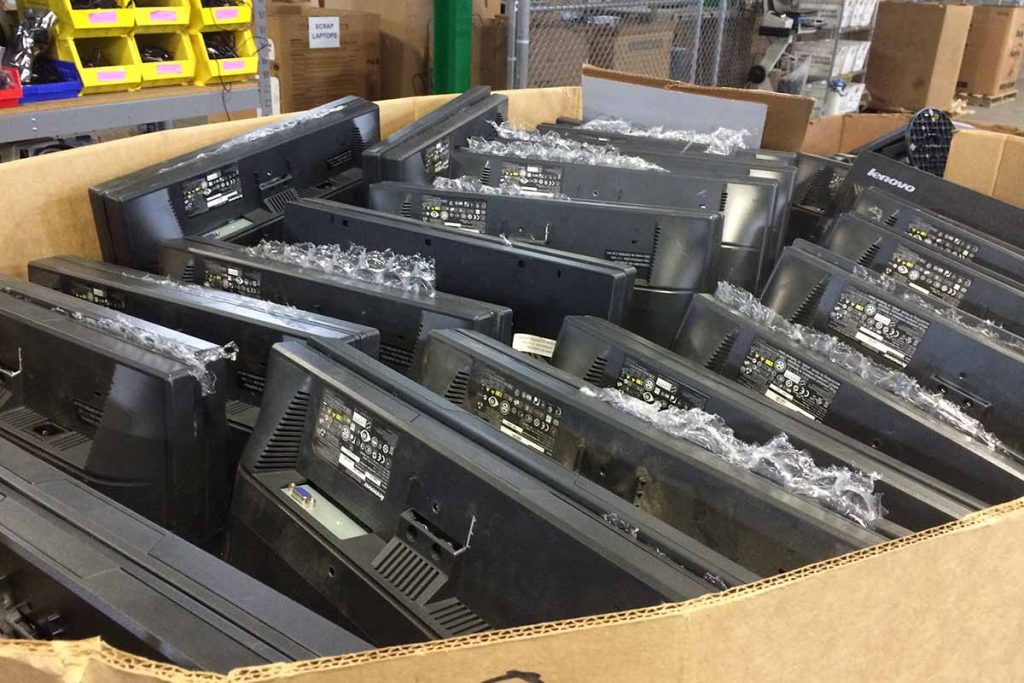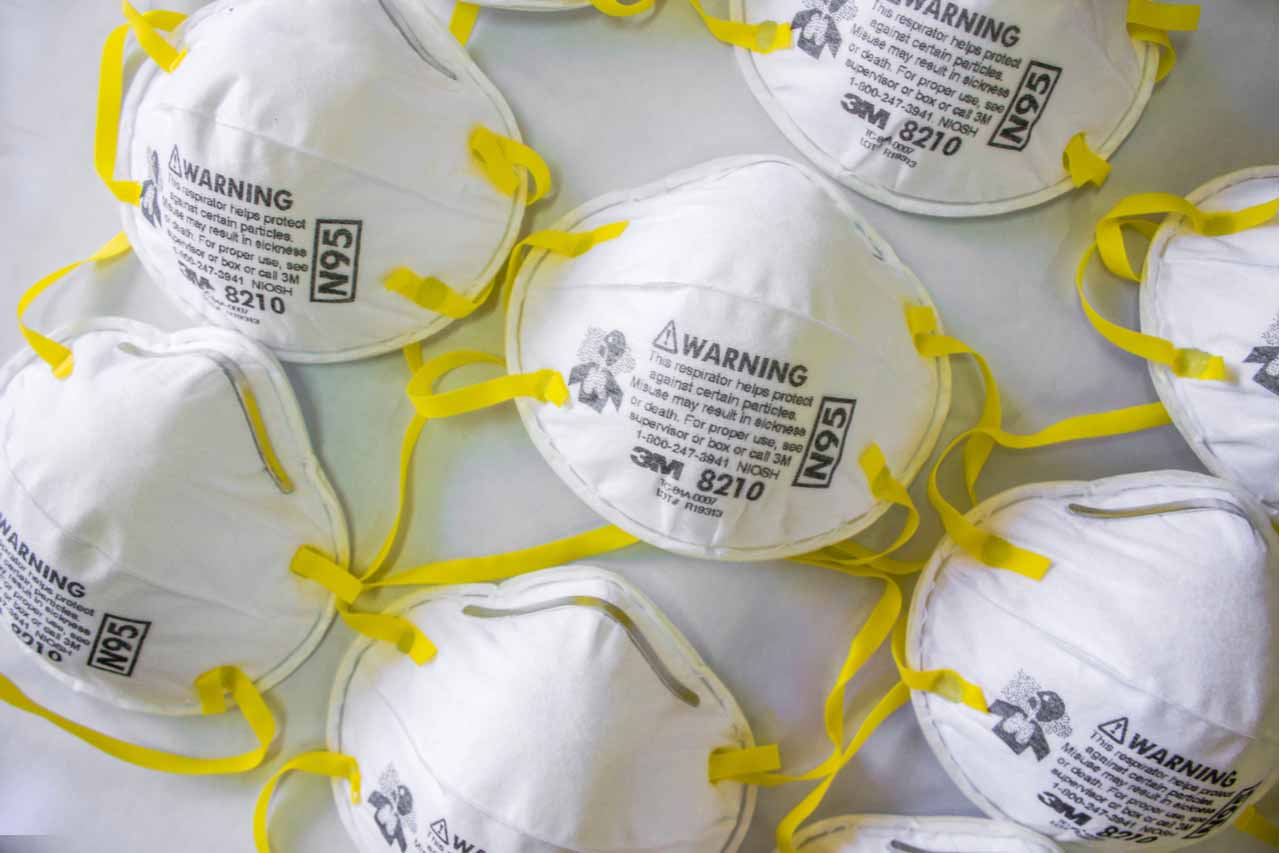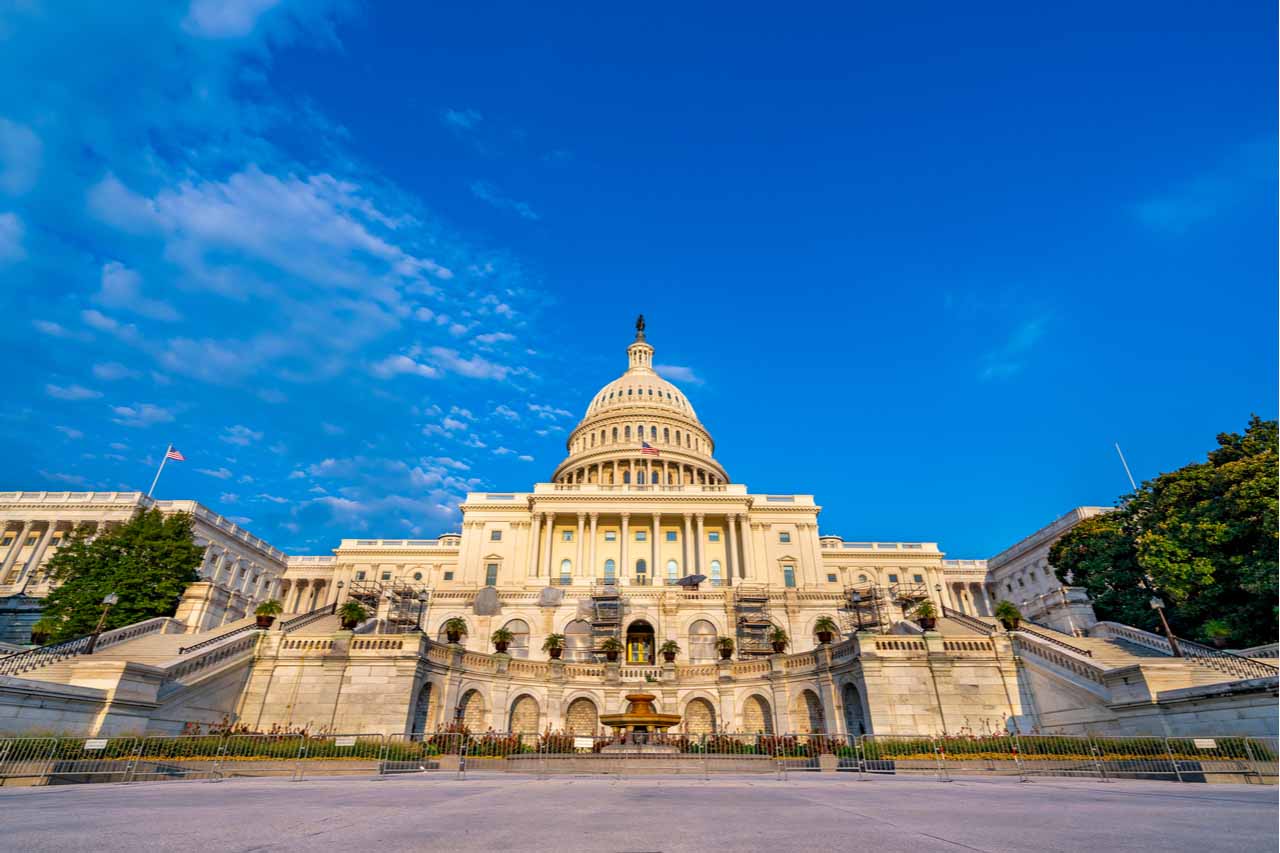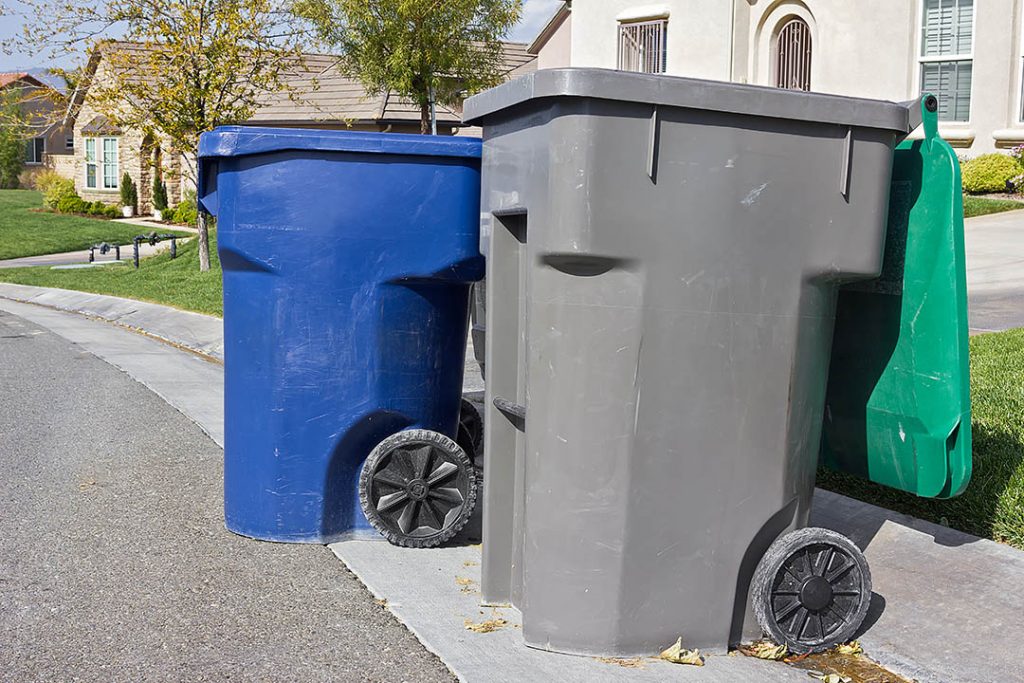
California will fall short of its 75% recycling rate goal for 2020, state officials acknowledged in a recent report. | Johnny Habell/Shutterstock
California and Oregon recently reported lower statewide diversion rates, a trend that’s been ongoing for multiple years in both states.


 Associate Editor Jared Paben has worked for Resource Recycling since December 2014. Most of his earlier career was spent as a reporter for the daily newspaper in Bellingham, Wash., but he also has experience working for the Oregon volunteerism commission and for Oregon nonprofits serving low-income populations. He can be contacted at
Associate Editor Jared Paben has worked for Resource Recycling since December 2014. Most of his earlier career was spent as a reporter for the daily newspaper in Bellingham, Wash., but he also has experience working for the Oregon volunteerism commission and for Oregon nonprofits serving low-income populations. He can be contacted at 
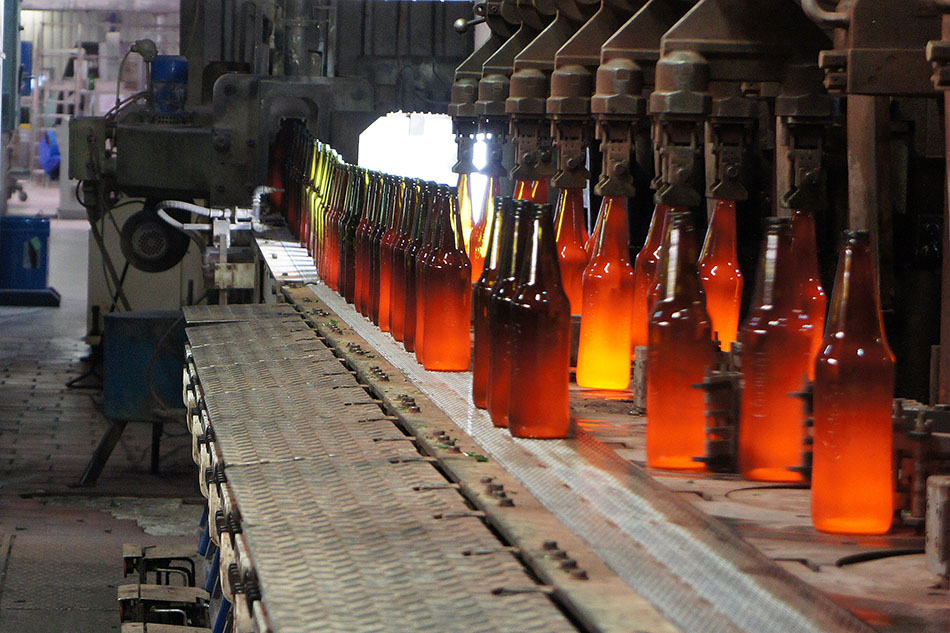
 California’s glass bottle and fiberglass insulation manufacturers continue to use less recycled cullet in their products, state documents show.
California’s glass bottle and fiberglass insulation manufacturers continue to use less recycled cullet in their products, state documents show.